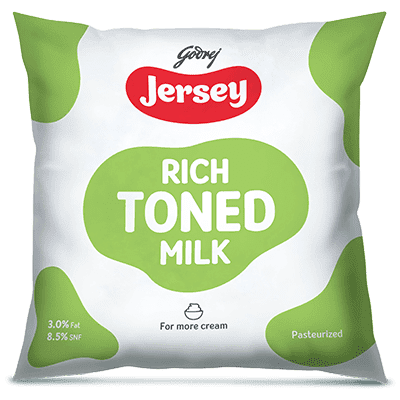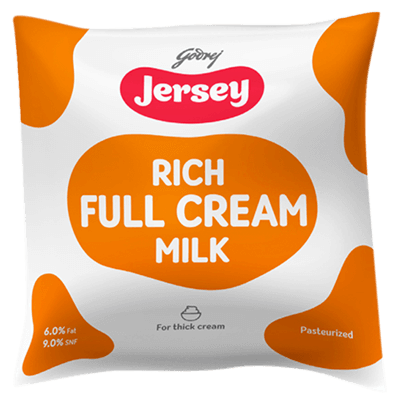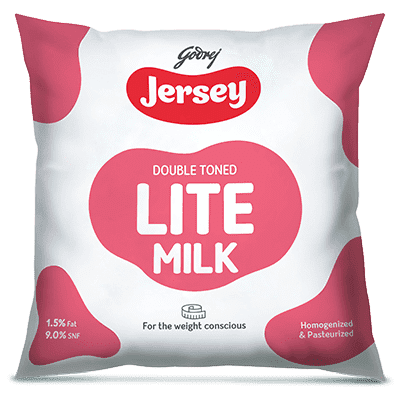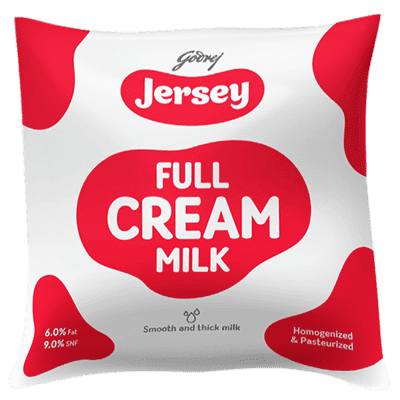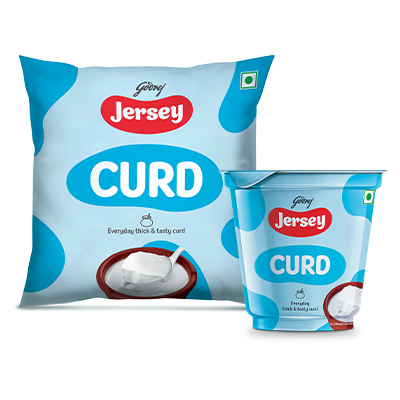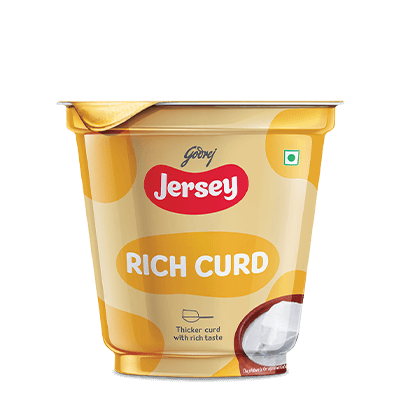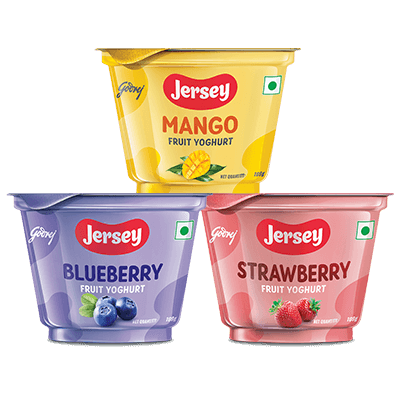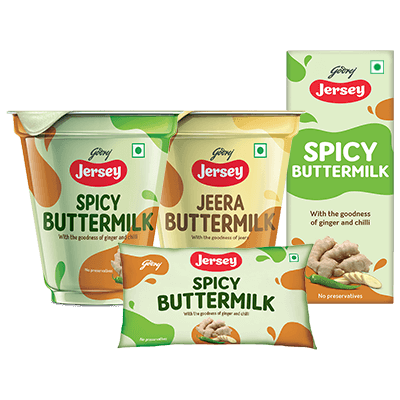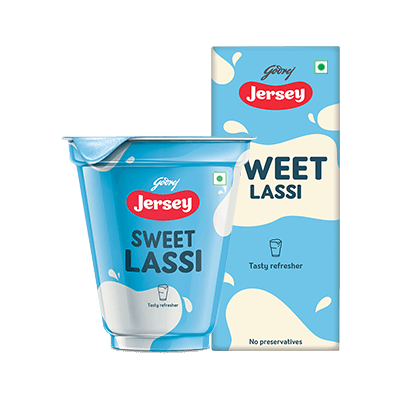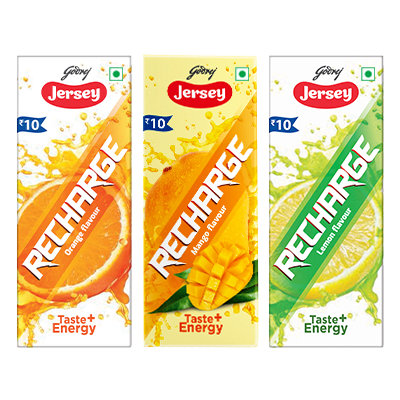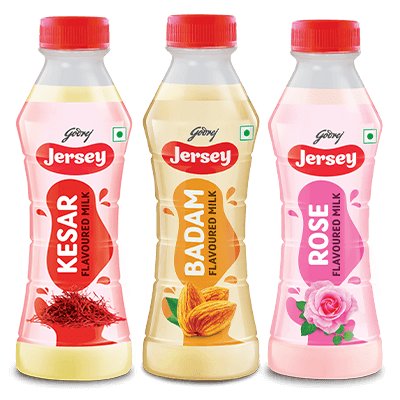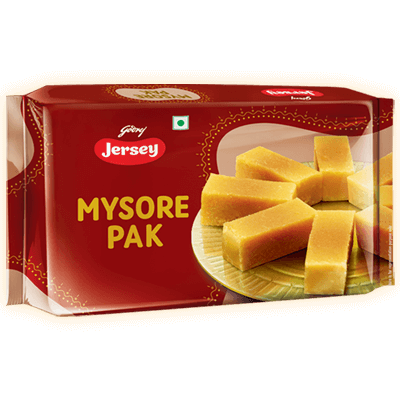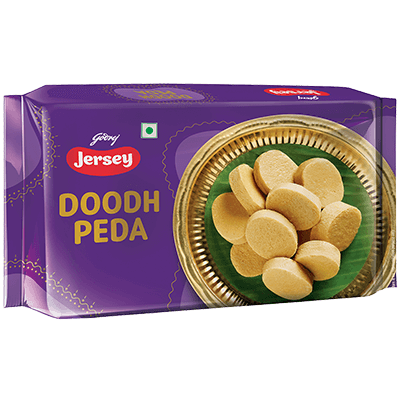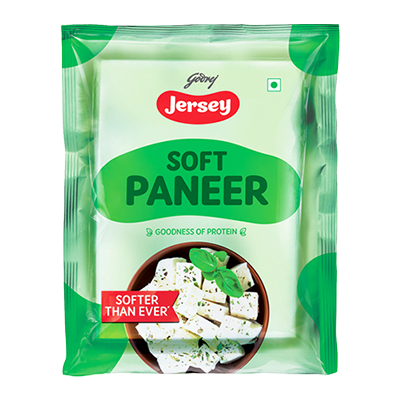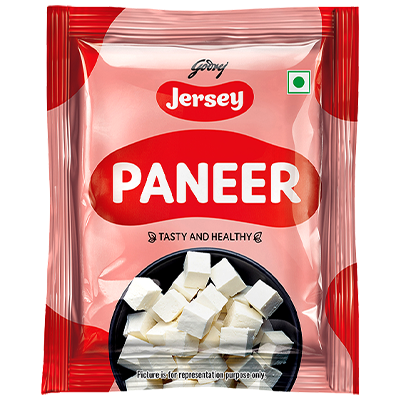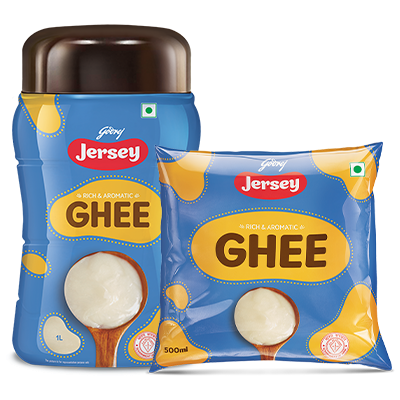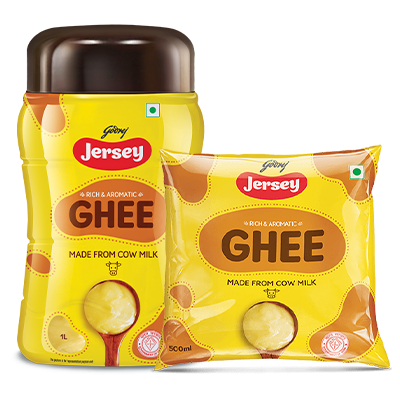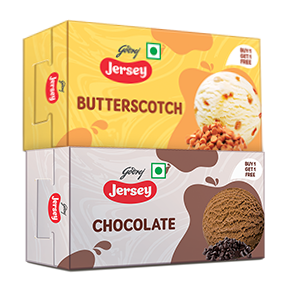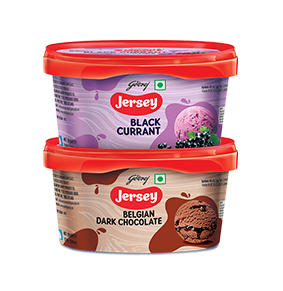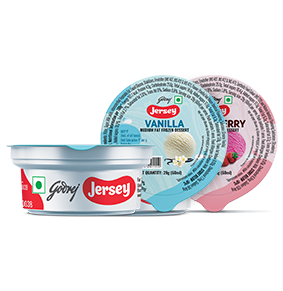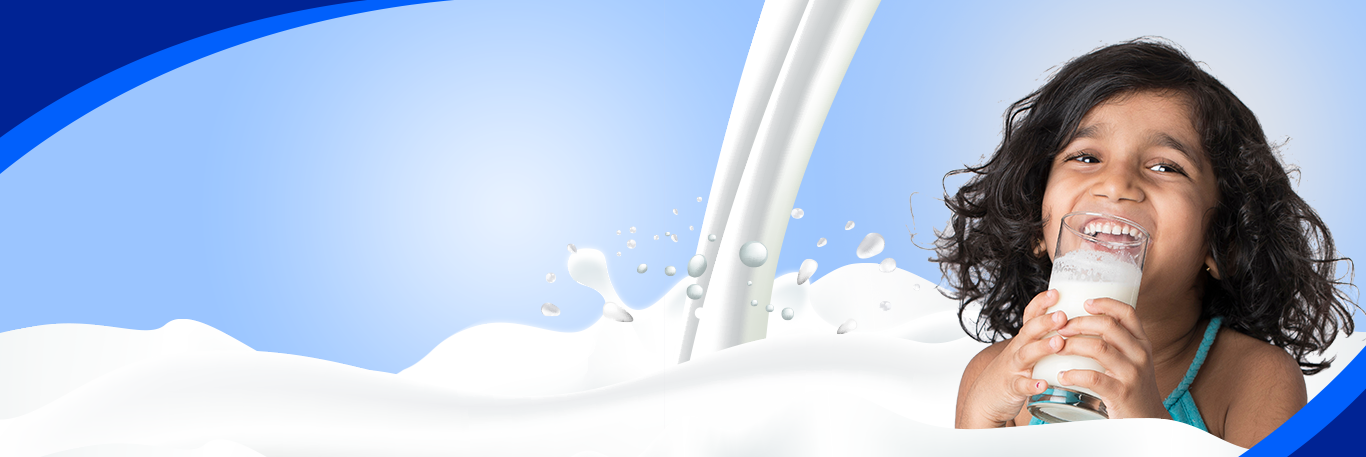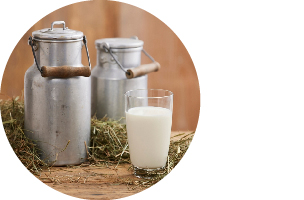Although both vegetarians and non-vegetarians consider milk as a key source of protein, milk is often misunderstood one. There are common misconceptions that revolve around it
Over the last few decades, India’s occupational landscape has changed. The changes in the country’s socio-economic landscape seem to have coincided with stark shifts in dietary habits and beliefs. Added to this is the fact that the Indian diet is heavy in carbohydrates and relies largely on vegetarian protein to meet the daily requirements. A combination of these and other factors means that a large number of Indians suffer from health issues due to protein deficiency.
The ‘South India Protein Gap 2019’ study, conducted by Karvy Insights on behalf of Godrej Jersey, revealed that although 80 percent of consumers surveyed were aware of the benefits of a protein-rich diet, but most were unaware of the actual daily requirement. Besides, 48 percent of the consumers surveyed believed that milk causes weight gain and hence, do not consider it as a source of daily protein. As we approach National Milk Day on November 26, there is a need to revisit the benefits of milk as a rich and readily available source of protein.
Busting myths
Several myths surround the consumption of milk. Adults are reluctant to consume milk because they believe that it has high-fat content, which causes weight gain. But this needs to be seen in the right context.
While raw milk contains approximately three to four percent of fat, skimmed milk contains far lesser. On average, 100ml of milk provides around three grams of protein, which is bioavailable or easier for the body to absorb. In the right quantities, toned milk, milk-based beverages or dairy products such as curd and paneer can help meet one’s protein requirements. Curd can even be consumed by people who are lactose intolerant. The benefits derived from the protein intake through milk serve to nullify the disadvantages from its fat content.
Vegetarians can add a sizeable helping of protein to their diet by including 400-500ml of milk and consuming the right quantity of pulses and cereals. Non-vegetarians, in turn, can supplement their meals with animal protein in the form of eggs, chicken and fish.
Another misconception is that the enzymes present in the human body which are required to process milk deplete with age. This stems from the theory that milk is only suitable for children, which, again is a myth; it is beneficial even for adults.
The white facts
An average adult ideally requires one gm of protein per kg of ideal body weight every day. For instance, a male adult who weighs 60kgs would need to consume 60gms of protein daily. Any less than this could lead to fatigue and progressive muscle loss, which can affect stability and movement. A severe deficiency could also be fatal.
On the other hand, a protein-rich diet can help a person’s immunity and provide psychological benefits by maintaining one’s energy levels throughout the day. The benefits of a protein-rich diet, unfortunately, are lost on a vast majority of the Indian population.
Bridging the gap
However, merely consuming protein isn’t enough. While many Indians turn to vegetables as their primary source of protein, reports reveals that vegetarian diets are protein deficient. Thus, quality protein matters, especially one which can provide all nine essential amino acids required by the human body.
This is where milk can play a central role. Apart from being a good source of calcium which strengthens the bones and teeth, milk is also rich in protein. It is also readily available, which is why it can conveniently bridge the protein gap.
The Milky Way
A balanced diet is crucial for a healthy life and protein plays a vital role in it. Milk, arguably the most affordable and bioavailable protein, can help fulfil the average Indian adult’s protein deficit. It can also be consumed in a variety of ways to suit even the fussiest eater. A glass of milk in the morning, coupled with a paneer dish in the afternoon and rounded up with curd after dinner can be a good way of enhancing one’s protein intake.
The author – Dr.Dharini Krishnan is a Registered Dietician (RD) with a Doctorate in Science (PhD) and practising as a consultant dietician.



